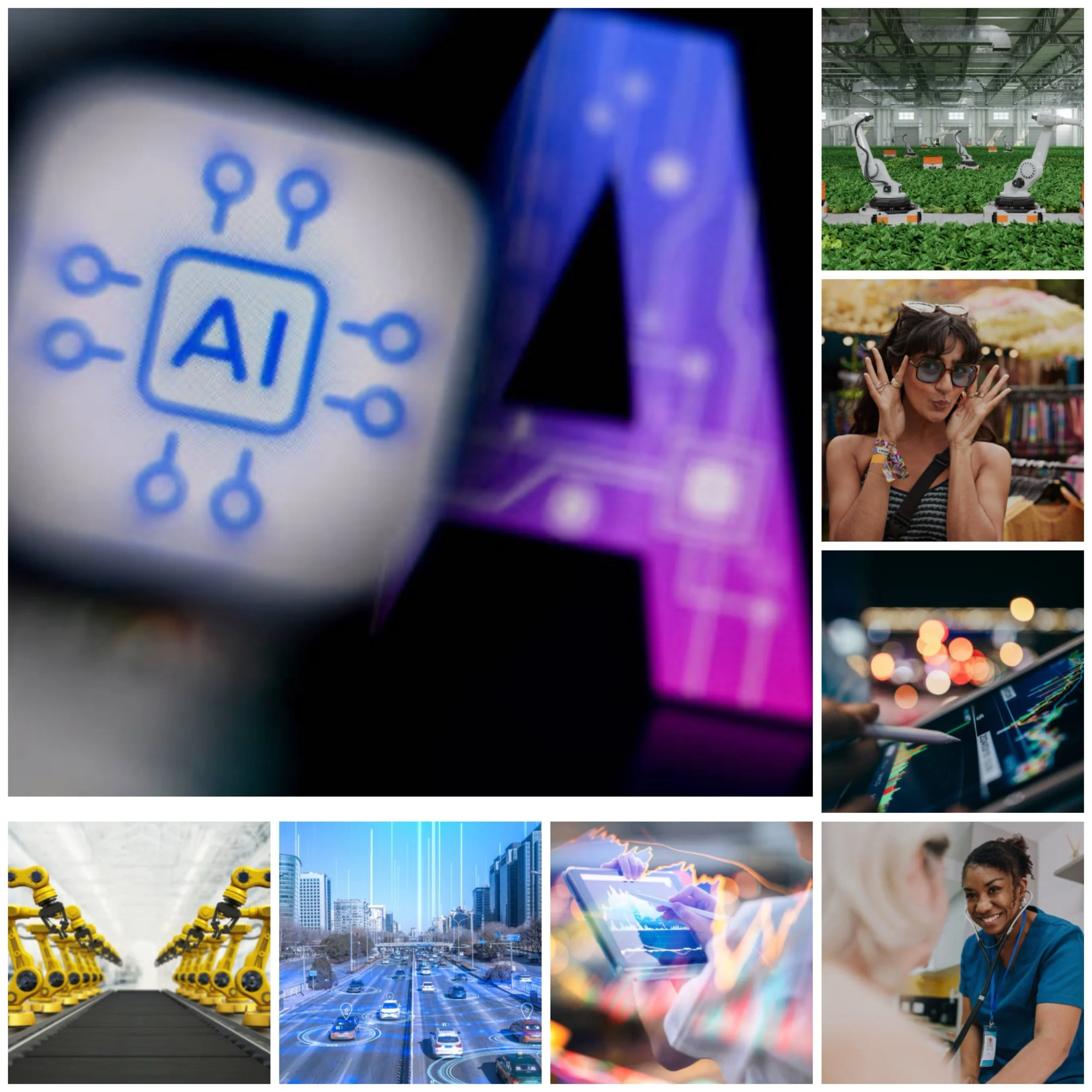What are the main challenge in integrating AI into existing cloud security systems
Introduction
The main challenges in integrating AI into existing cloud security systems:
Data Quality and Quantity
AI systems require large amounts of high-quality data to function effectively.
Insufficient or poor-quality data can lead to inaccurate threat detection and suboptimal AI performance.
Ensuring a consistent supply of relevant, high-quality data is challenging.
Integration with Legacy Systems
Combining AI technologies with existing cybersecurity infrastructure can be complex.
Ensuring compatibility between AI and current systems is often difficult.
The process may require retrofitting infrastructure and adapting data formats.
Reliability and Trust Issues
AI systems can make mistakes, leading to concerns about their reliability.
The lack of transparency in AI decision-making processes makes it difficult to trust these systems fully.
Organizations may be hesitant to rely on AI for critical security decisions.
False Positives/Negatives
AI systems may produce false alarms or miss actual threats.
This can lead to inefficient use of resources and potential security gaps.
Complexity and Interpretability
The intricate nature of AI models can make them difficult to understand and interpret.
This complicates troubleshooting and can reduce trust in automated decisions.
Resource Intensity
Implementing and maintaining AI systems can require substantial computational resources and infrastructure.
This may be cost-prohibitive for some organizations.
Security of AI Systems Themselves
Protecting AI systems from attacks and tampering is crucial.
AI can be vulnerable to adversarial attacks, where slight alterations to input data can cause malfunctions.
Skill Gap
There’s a shortage of professionals with expertise in developing, managing, and securing AI-driven cybersecurity systems.
Regulatory and Compliance Issues
The rapid advancement of AI often outpaces existing legal frameworks.
Ensuring AI systems comply with data privacy regulations and other legal standards is challenging.
Bias in AI Algorithms
AI systems can inherit biases from their training data.
This can lead to unfair or discriminatory outcomes in security decisions.
Data Privacy Concerns
AI’s need for large datasets raises concerns about data collection and usage practices.
Ensuring proper data anonymization and protection is crucial.
Conclusion
Integrating AI into existing cloud security systems requires addressing these challenges through careful planning, ongoing research, proper training, and a multifaceted approach to implementation and management.






